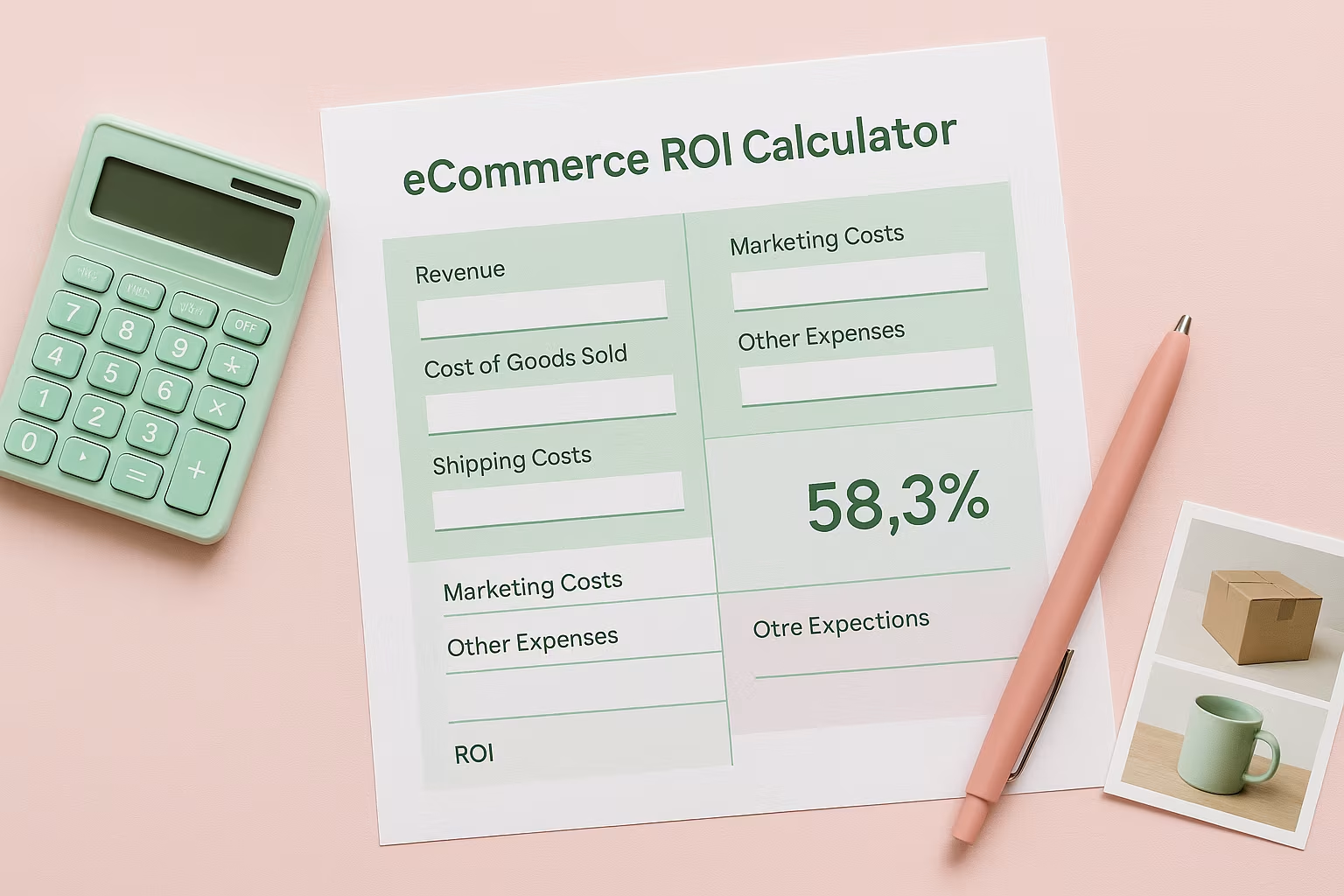.avif)
The dietary supplements market is worth over $170 billion and is growing rapidly, but you don’t need a huge manufacturing plant to participate.
With the right approach, even small brands can create unique, high-quality products that stand out in a crowded market, especially when you understand the basics of creating supplements.
In this guide, you’ll learn about the process of making your own supplements, from picking the right ingredients and choosing the right supplement type to tailoring your formula to your audience.
Make Your Own Supplements with 8 Easy Steps
Creating the exact type of supplement you want becomes far more manageable when you understand the essential steps involved in the process, especially if you're planning to develop a private-label supplement business later down the line.
Each stage plays a key role, from choosing your formula to ensuring quality, compliance, and smooth production.
This overview walks you through the fundamental steps so you can move forward with clarity, confidence, and a well-structured plan for building a supplement that meets both your standards and your customers’ needs.
Step 1: Understand the different types of supplements
The first step in making your own supplements is to understand the different supplement types available.
There are minerals, herbal supplements, amino acids, probiotics or prebiotics, and sports supplements.
You can break down common supplement categories like this:
- Minerals: support essential body functions
- Herbal supplements: derived from plants for targeted wellness
- Amino acids: aid muscle recovery and metabolic processes
- Probiotics & prebiotics: promote gut balance and digestion
- Sports supplements: boost performance, strength, or endurance
To select the ideal supplement, it is crucial to have a clear understanding of the specific desired results you want to achieve.
Are you looking to boost immune health, skin health, boost energy levels, or maybe flush out environmental toxins?
After setting a goal, search for ingredients with high bioavailability to increase nutrient absorption and utilization by the body.
Step 2: Choose the right ingredients for your supplements
Choosing the right ingredients for your supplement blend is crucial. When selecting the ingredients, consider not only health benefits, but also bioavailability, purity, concentration, and reputation.
Some great natural ingredients to consider include vitamin C, omega-3 fatty acids, probiotics, magnesium, organic turmeric powder, and zinc.
You may evaluate ingredients based on:
- Bioavailability: how well the body absorbs and uses the nutrient
- Purity: whether the ingredient is free from contaminants or fillers
- Concentration: ensuring clinically supported dosages
- Reputation: choosing ingredients with strong scientific backing
Step 3: Learn about nutrient absorption and bioavailability
Before making your supplements, it’s important to understand how digestion, absorption, and bioavailability work.
The right combinations can enhance effectiveness, while the wrong pairings can reduce benefits or cause harm.
- Pair nutrients for synergy: Vitamin D, magnesium, and calcium to support bone health; vitamin C boosts iron absorption.
- Avoid conflicting combinations: Calcium reduces iron absorption; high doses of zinc can interfere with copper.
- Watch medication interactions: Vitamin K may counteract blood thinners like Warfarin.
- Mind dose timing and form: Proper scheduling and choosing the right nutrient form improve results.
Step 4: Determine the number of ingredients for your supplements
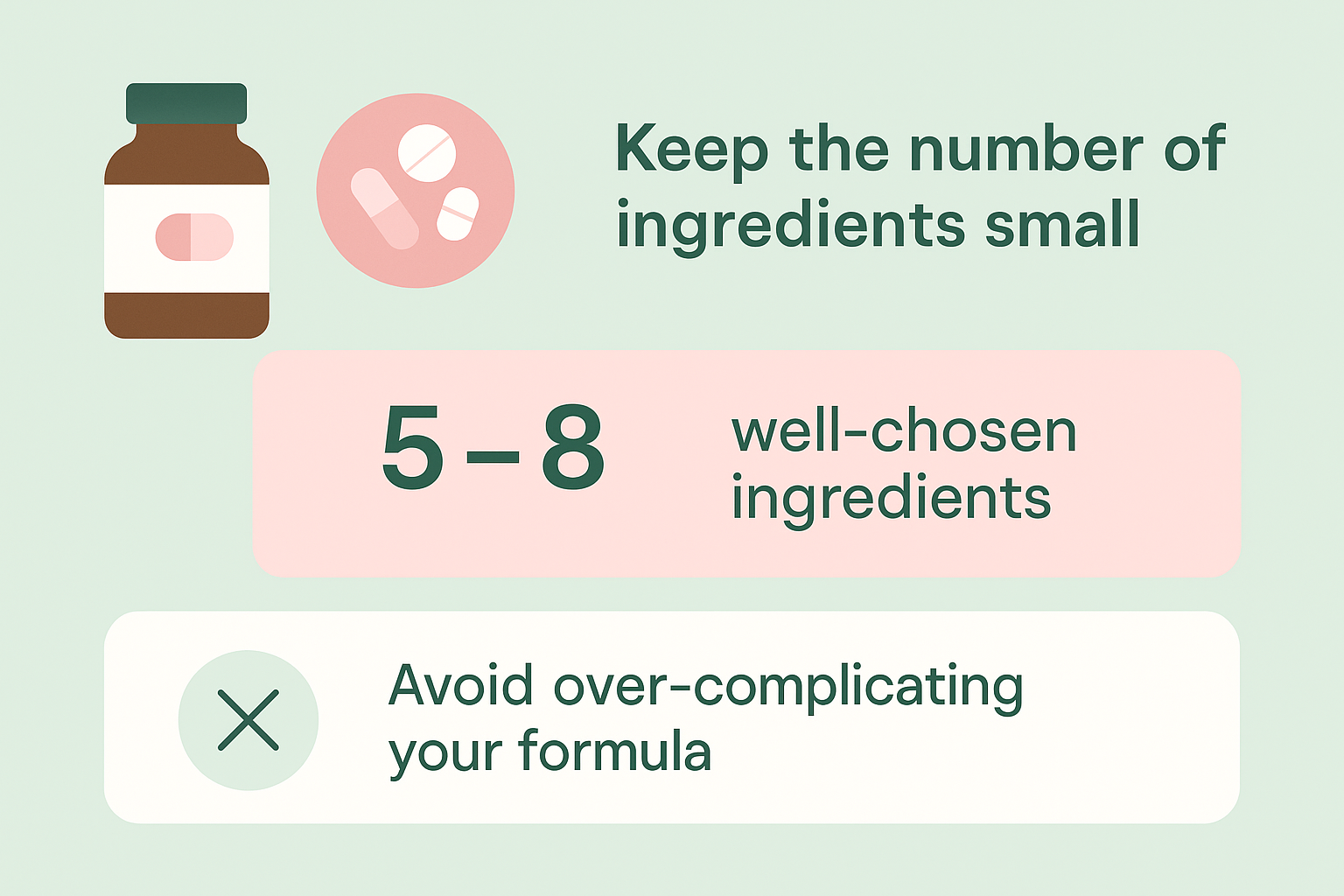
When determining the number of ingredients to include, it's essential to strike a balance that ensures your product is effective without overburdening the blend.
A good guideline is to keep the formula within a small, purposeful range; often, just 5 to 8 well-chosen ingredients can deliver strong results.
Over-complicating your mix can dilute the efficacy of individual elements and possibly cause nutrient competition, where certain nutrients interfere with others' absorption. Therefore, selecting a limited but potent mix of ingredients is something to keep in mind.
Step 5: Decide on the supplement form and servings per container
Choosing the right form for your supplement is an essential step. You can decide whether you want your supplement in powder form to mix with drinks or food, or to encapsulate it for easy ingestion.
Also, consider the servings per container, which will guide you in determining the number of capsules or scoops per serving. Keeping your audience’s habits in mind helps ensure the serving style feels convenient and encourages consistent use.
- Powder works best for larger daily doses or mixed with food/drinks.
- Capsules provide convenience and measured accuracy.
- Servings per container influence both user experience and perceived value.
Step 6: Determine how many units you need
Once you have decided on the supplement form and servings per container, you can determine how many units you need.
This step will guide you in calculating the number of ingredients you need to buy and the cost of production. It’s often helpful to plan for a small buffer to cover minor losses during measuring or batching.
- Consider initial test batches before committing to larger quantities.
- Build in a 5–10% buffer for spillage, calibration, and adjustments.
- Match your unit count with your planned production schedule.
Step 7: Create your custom supplement blends
Creating your custom supplement blend involves measuring and mixing your chosen ingredients. You can use a milligram scale to measure the ingredients accurately. The geometric dilution method is also an effective way to mix the ingredients evenly.
Recording your ratios and steps ensures you can reproduce the blend consistently as you scale up. Including a short mixing trial before the full batch also helps you confirm texture, flow, and overall blend compatibility.
Step 8: Label and package your supplements
The final step in making supplements is labeling and packaging. Ensure that your label includes the supplement facts, dosage, and any warnings or precautions.
Choose a package that is easy to use and store, such as gelatin capsules or tablet form. Adding features like tamper-evident seals or moisture protection can also improve product safety and shelf stability.
- Include clear dosage instructions to support proper use.
- Choose packaging that protects against heat, moisture, and light.
- Use design elements that make the product look professional and trustworthy.
Key Reasons Why You Should Make Your Own Supplement Blend
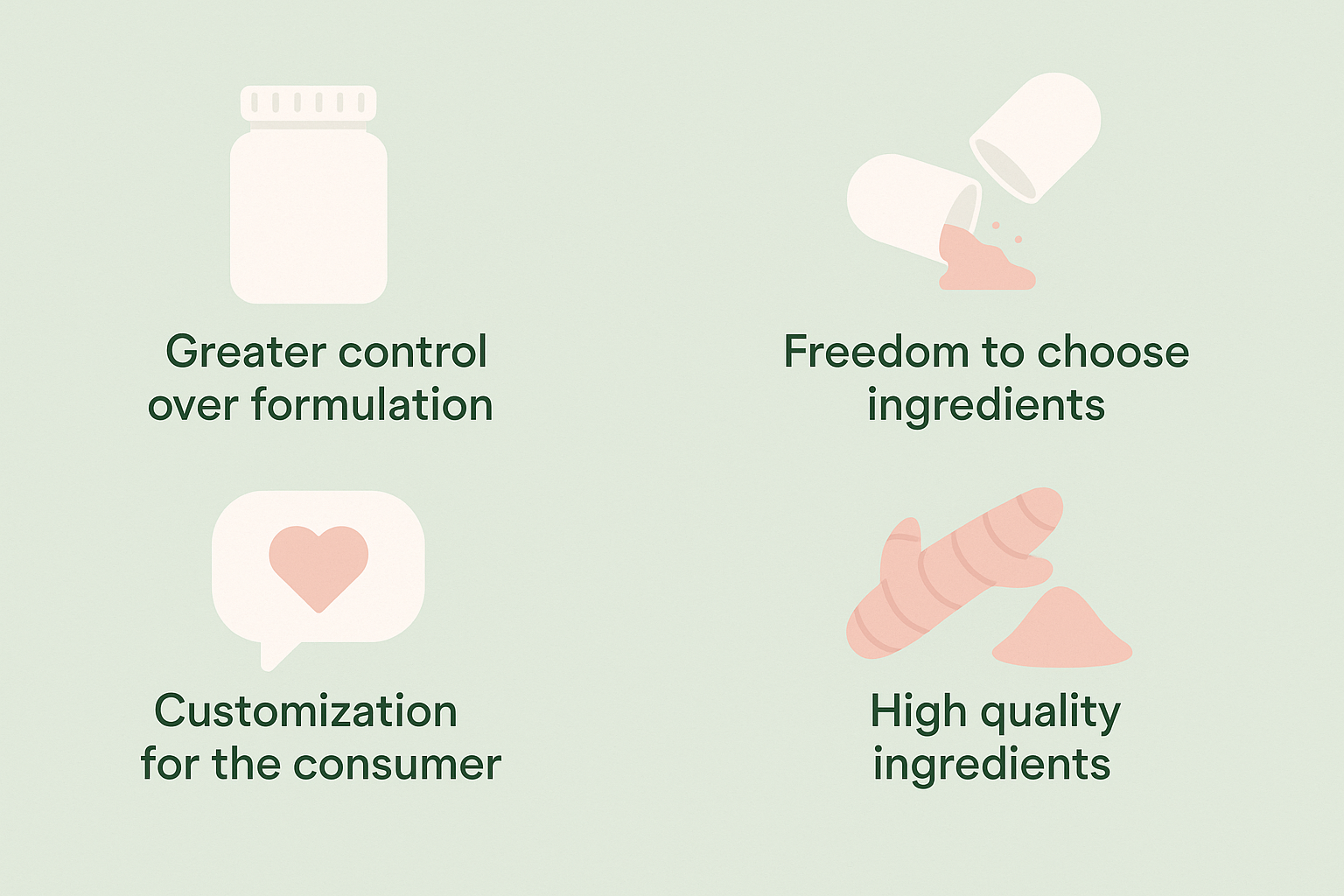
If you’re looking for more control over your health, wellness, or brand offerings, making your supplements can deliver benefits you simply won’t find in mass-produced products.
The supplement industry is massive, but it also leaves plenty of room for unique, customized blends that cater to specific wellness needs.
Creating your own supplement blend also allows you to tailor ingredients, potency, and quality to your exact goals, whether that means addressing a targeted health concern or differentiating your brand in a competitive market.
It puts you in charge of the formulation process, ensuring your final product aligns with your quality standards and values.
Freedom of Choice With DIY Supplements
Creating your own blend means you decide exactly what goes in and what stays out. This approach allows for greater flexibility and control over nutrient combinations, so you can craft a formula that truly aligns with your goals or brand vision. You can:
- Adjust serving sizes to meet your needs or those of your customers
- Use pure, high-quality ingredients in powder-filled capsules for better potency
- Exclude unnecessary additives, fillers, or allergens
- Improve the user experience with capsules that avoid strong flavors or odors while ensuring precise dosing
Customized to the Consumer
Wondering how to make my own supplements that truly stand out? Start by tailoring them to your audience. By understanding your customers’ preferences and needs, you can create a product that feels personally relevant and effective.
- For weightlifters: include BCAAs, glutamine, or whey protein to aid muscle recovery
- For those with specific health concerns: add targeted nutrients for immune support, joint health, or skin wellness
- For beauty and wellness brands: combine functional ingredients like collagen, vitamin C, and adaptogens
Customizing your blend can boost customer satisfaction and brand loyalty, as buyers feel the product was designed just for them.
Cost Efficiency With Bulk Powders and Empty Capsules
Making supplements in-house can be surprisingly cost-effective. By managing production yourself, you can maximize resources and minimize unnecessary overhead, giving you room to invest in higher-quality ingredients.
- Buy powders and empty capsules in bulk to reduce costs
- Avoid reliance on external manufacturers
- Choose from vegetarian, vegan, or gelatin capsules to match your branding
Producing your own products with a capsule machine ensures consistent quality while keeping your margins healthy.
Purity and Quality of Ingredients
When you control production, you control quality. This makes it easier to guarantee integrity in every batch, from sourcing to final packaging, ensuring that your supplement truly delivers on its promises.
- Select premium ingredients such as organic turmeric powder for anti-inflammatory benefits
- Add essential amino acids to support muscle repair, cognitive function, and overall health
- Ensure all components meet your purity and safety standards
Common Mistakes to Avoid When Making a Supplement of Your Own
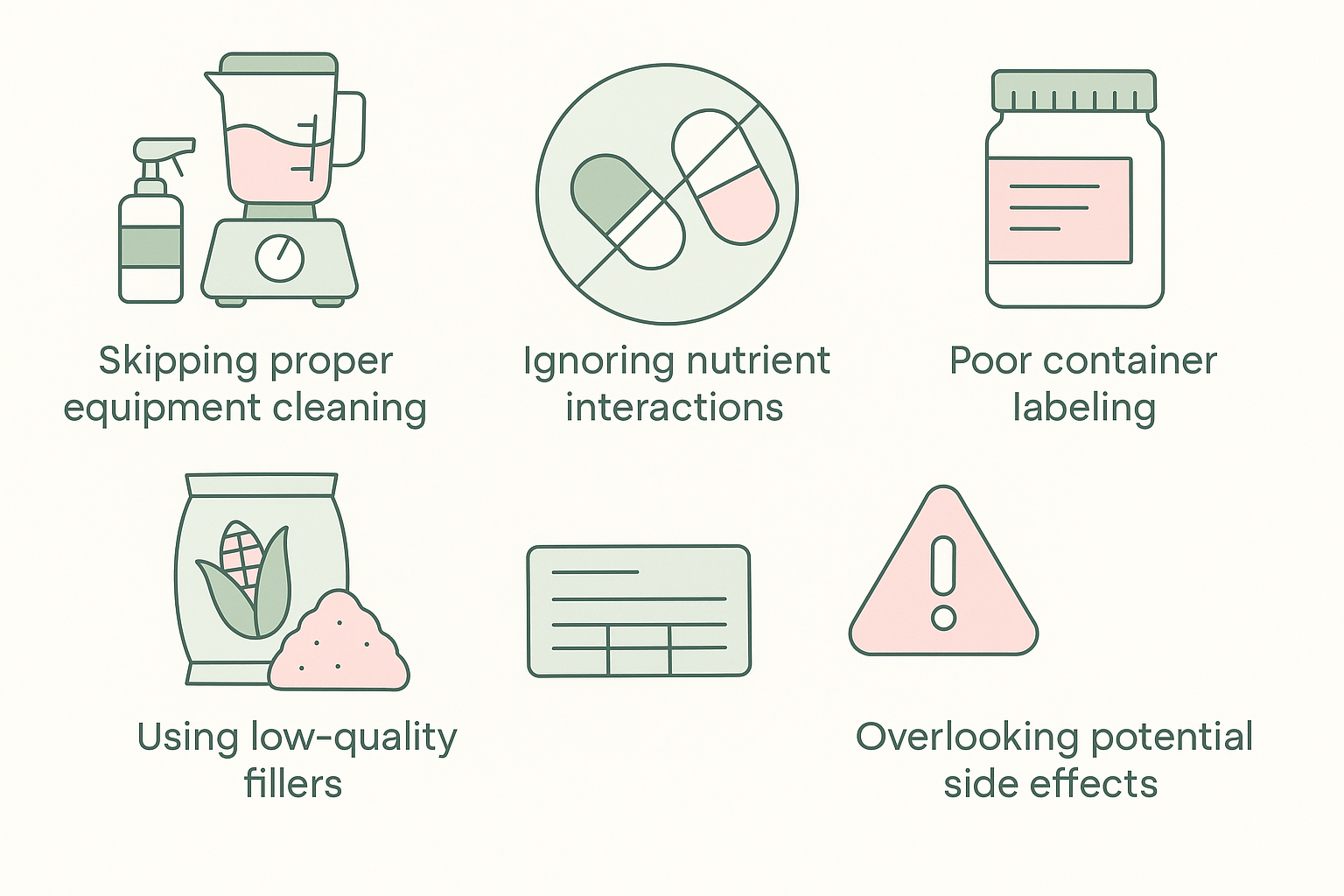
Making supplements can be a rewarding way to create products tailored to your needs or brand, but certain mistakes can compromise both safety and effectiveness. Avoid these common pitfalls:
- Skipping proper equipment cleaning: Any residue left on scales, blenders, or mixing tools can contaminate new batches. Wash thoroughly with warm water and dry before reuse.
- Ignoring nutrient interactions: Some ingredients can work against each other, reducing absorption or effectiveness. Always research potential interactions before combining ingredients.
- Poor container labeling: Clearly label each container with ingredient names and quantities to ensure consistency, track your formula, and avoid confusion later.
- Using low-quality fillers or additives: Avoid unnecessary fillers like corn starch or flour, which may be GMO-sourced and lower product quality.
- Overlooking potential side effects: Research each ingredient’s effects and dosage limits to maintain safety and compliance.
By paying attention to these details, you’ll reduce the risk of contamination, maintain product quality, and ensure your supplements are both safe and effective.
Advanced Strategy on How to Make Supplement Products Yourself
When making your own supplements, it’s smart to think beyond just mixing ingredients. If you’re exploring how to create a vitamin or other small-batch formulas at home, plan for future growth right from the start.
Choose ingredients with reliable year-round availability, and find a couple of trusted suppliers so you’re never stuck waiting on stock.
Even as a beginner, you can negotiate better prices for small quantities; this helps you scale more smoothly if your hobby turns into a thriving business.
Learning about supplements with this forward-thinking mindset will save you time, money, and stress down the line.
Bring Your Supplement Idea Into a Market-Ready Product
Making your own supplements isn’t just about mixing ingredients; it’s about creating a product that delivers real value, stands out in the market, and aligns with your vision.
If you’re ready to bring your supplement concept to life faster, without compromising on quality, consider working with a trusted private label supplements partner.
You’ll save time, streamline production, and focus on growing your brand while still delivering a high-quality, customized product your customers will love.
FAQ
Related blogs

Price Elasticity Of Demand Calculator: Predict Revenue Impact in Seconds
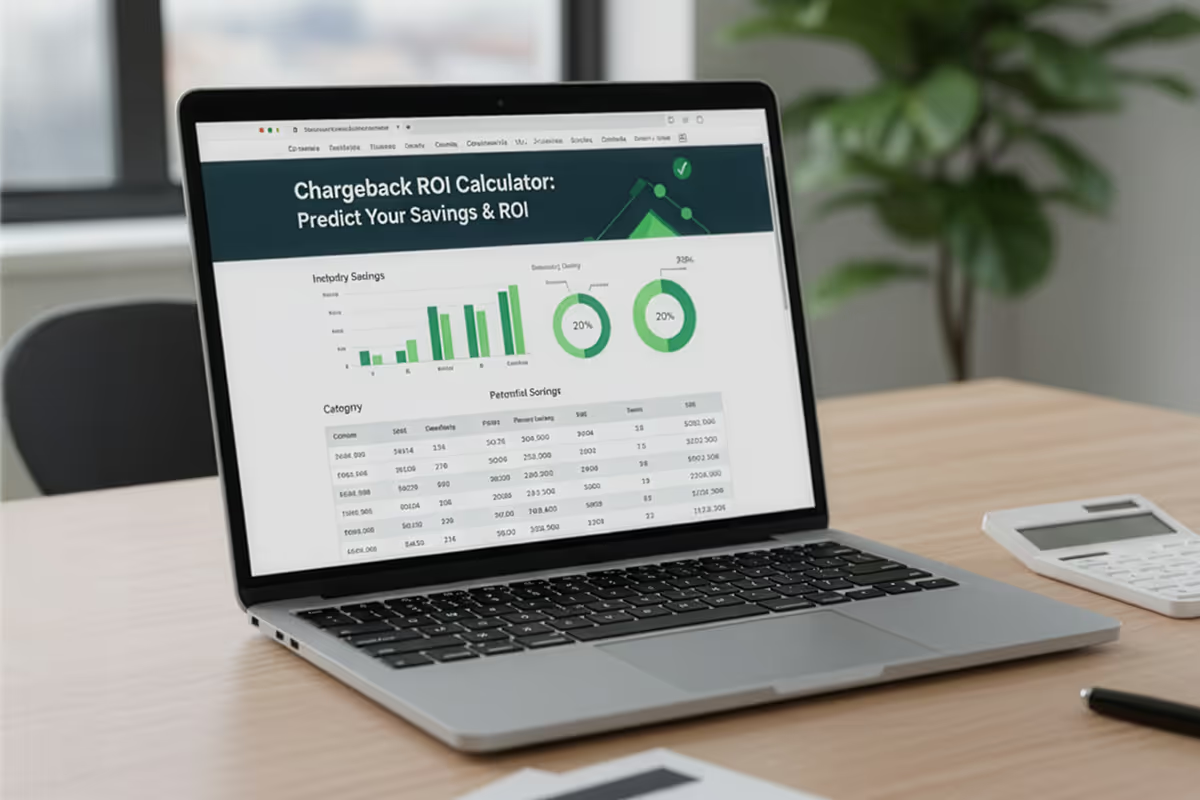
Chargeback ROI Calculator: Predict Your Savings and ROI in Under 10 Seconds
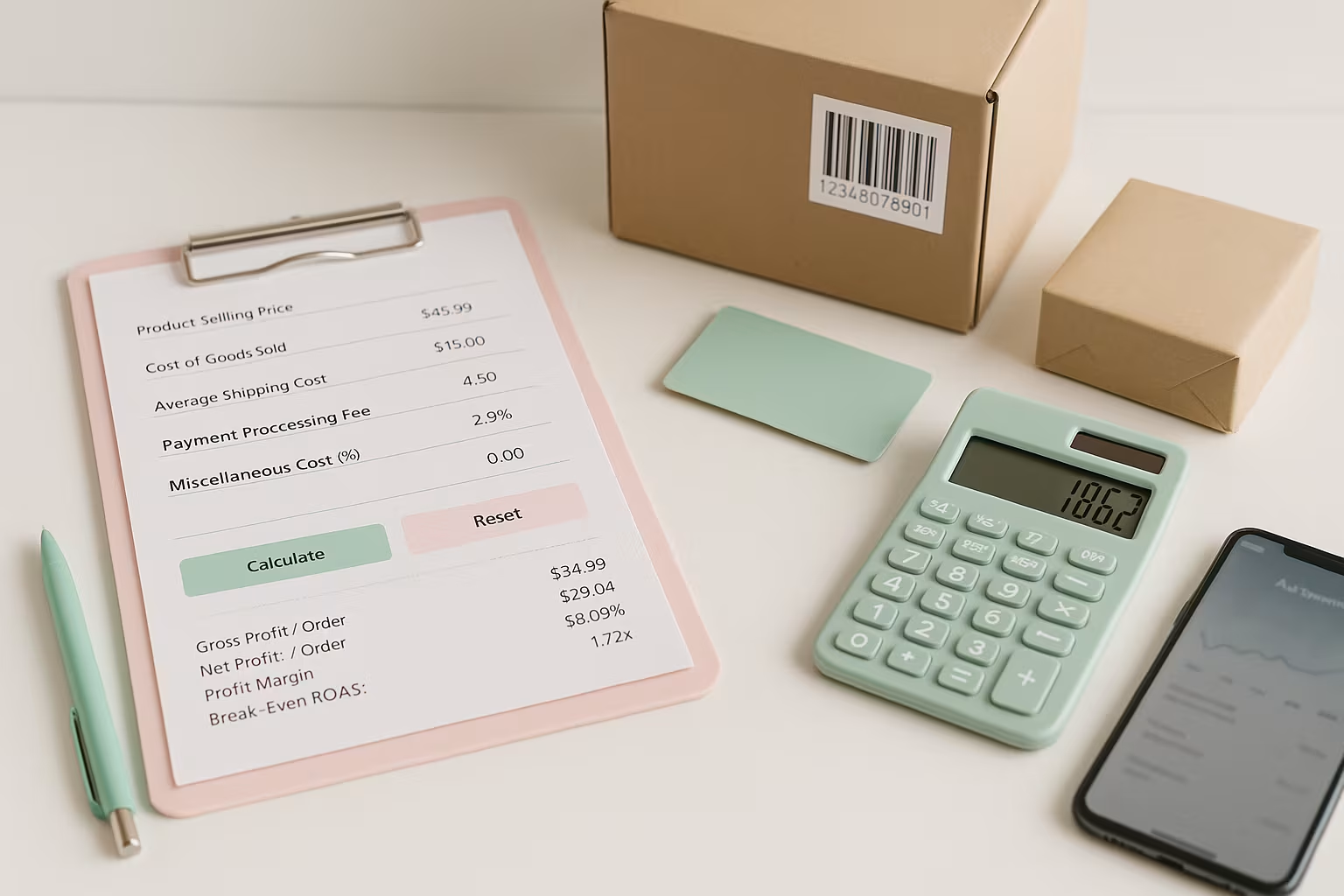
Break-Even ROAS Calculator: Find Out What You Can Afford to Spend on Ads
